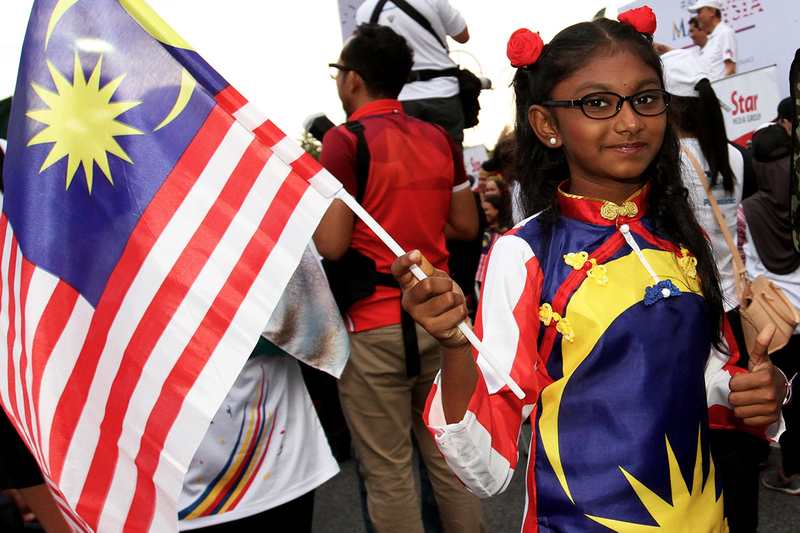KUALA LUMPUR, Feb 27 — The Human Rights Commission of Malaysia (Suhakam) expressed disappointment today that the Malaysian government could not answer many questions posed by a United Nations (UN) committee on women’s rights, indicating a lack of progress on ending gender discrimination.
Suhakam said the Committee on the Elimination of Discrimination Against Women, which monitors implementation of the Convention on the Elimination of All Forms of Discrimination (Cedaw) that Malaysia has ratified, observed that Malaysia had yet to implement many concluding recommendations by the UN women’s rights committee since 2006.
“The government delegation was firmly reminded by the committee to take more seriously Malaysia’s responsibilities with respect to reporting to the treaty body, and that reporting to the committee after 12 years was not in the best interest of progress,” Suhakam said in a statement.
“Suhakam is disappointed that the Malaysian government delegation appeared uncoordinated in their efforts and responses to the committee. There was evidence of the government Mission in Geneva being at a loss to respond, which Suhakam believes may be due to insufficient coordination,” the national human rights body added.
Suhakam, which had presented information together with the Malaysian government during the Cedaw committee’s 69th session in Geneva last week, stressed that everyone, regardless of their sexual orientation, had human rights.
“Regrettably, human rights and sexual violations of LGBT (lesbian, gay, bisexual and transgender) persons continue regarding education, employment, healthcare and insurance. LGBT persons have been denied their right to housing due to their identity and have suffered violations of their right to dignity upon arrest or detention by enforcement agencies,” it said.
Suhakam said the Malaysian government delegation was asked on the steps taken to ratify other UN treaties — the International Covenant on Civil and Political Rights (ICCPR) and the International Covenant on Economic, Social and Cultural Rights (ICESCR) — as well as the steps taken to withdraw reservations to Articles 9(2) and 16(1)(a), (c), (f) and (g) of the Cedaw treaty that deal with women’s equal rights with men on the nationality of their children and women’s rights relating to marriage and family, such as choosing a spouse, guardianship of children, and choosing a family name.
Suhakam added that the Cedaw committee, which comprised several Muslim experts, was concerned with the growing gap in the rights and protections between Muslim and non-Muslim women, due to differing state Shariah legislations.
“The government delegation was requested to explain the measures being undertaken in Malaysia to ensure a respectful and tolerant civic space in guaranteeing peaceful co-
existence, given that there is a perception of Malaysia’s moderation and progress being at risk.
“Suhakam is disappointed that the delegation was unable to provide an update to the committee in this regard,” Suhakam said.
Suhakam also expressed shock at the Malaysian delegation saying that caning under the Shariah legal system was done as humanely as possible.
“Suhakam reiterates that caning and other forms of corporal punishment violate the international law on the prohibition of torture and other cruel, inhuman or degrading punishment.”
The national human rights commission urged the government to introduce a gender equality law and to make a clear distinction on the functions of the Women, Family, and Community Development Ministry, saying that lumping them together reinforced patriarchal norms.
“The Malaysian judiciary courageously created precedent on the issue of unilateral religious conversion of minors, giving both parents equal rights over a child’s religion as ought to be the case,” Suhakam said, referring to the Indira Gandhi case of a Hindu mother who successfully challenged the conversion of her children to Islam that was done without her consent.
“Suhakam is however disappointed with the government’s decision to withdraw an amendment to the Law Reform (Marriage and Divorce) Act 1976 to resolve the issue of unilateral and/or forced religious conversion of children in Malaysia.”



















